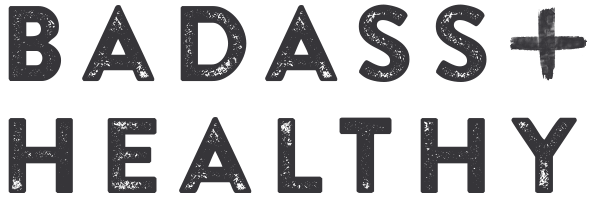It goes down so well...until it doesn't.
Diet soda has zero calories and zero sugar, so what could be so bad about it, right? A lot, actually. It might sound silly, but diet soda addiction is a real thing. One of its popular main ingredients, the artificial sweetener aspartame, is to blame for many of its side effects, ranging from chronic headaches to weight gain.
Personal anecdote: I used to be a daily Diet Coke drinker. It was my mid-afternoon "treat" for several years until I figured out it was the cause of daily headaches. And despite numerous studies and other first-person accounts that I discovered about how toxic that little silver can filled with bubbly deliciousness actually was, it was pretty hard to give up. I craved it. I fell off the wagon a few times. Hello, my name is Karina Antenucci, and I'm a recovering Diet Coke addict.
How Is Diet Soda Addictive?
Aspartame is used to replace the high fructose corn syrup used in sugary sodas. The chemical, found in brands like Equal and NutraSweet, sends a signal to your taste buds and brain that something sweet and delicious is being consumed. Since the brain expects sugar—the kind that comes with calories—but doesn't get that, the brain/body feels letdown. The consequence of that disappointment is the brain saying, "well, gimme some more!" to feel fully rewarded. But it's never fully satisfied since it's not getting the sugar it wants.
What often ends up happening is that you, a) reach for more soda and/or b) craving something sweet—and perhaps slowly getting the shakes—now reach for something to eat...even if you just ate not too long ago.
Diet Soda Could Lead to Weight Gain
So herein lies a dirty little secret about diet sodas (and diet drinks in general): You may choose to drink them because they are "healthier" or to help maintain or lose weight, but they likely have the exact opposite effect. Your body is no longer prepared to break down real sugars when they are consumed, setting you up for greater glucose intolerance, type 2 diabetes, inflammation, high blood pressure, heart disease and metabolic syndrome. Diet drinks are associated with increased caloric food intake.
It's Not So Dope
Similar to alcohol and drugs, but to a lesser degree, diet soda can affect your brain chemistry. Aspartame is made up of compounds that can affect the dopamine system in the brain linked to positive reinforcement. Caffeine, a psychostimulant, when combined with aspartame’s dopamine effects, increases addictive behavior. What's more, this study found that "when consuming high-aspartame diets, participants had more irritable mood, exhibited more depression, and performed worse on spatial orientation tests."
Just In It for the Caffeine?
Choose a cup of regular old coffee over caffeinated sodas. It has a multitude of health benefits, including antioxidants and minerals. There's a whole body of scientific research that specifically focuses on java's benefits for type 2 diabetes, too.
Once I got over the cravings for a daily D.C., my brain no longer automatically paired things like "pizza and Diet Coke" or "hangover and Diet Coke" together. Now that I've been off of the stuff for a while, it no longer tastes good. In fact, my taste buds completely reject it if I take a sip.
Good luck with beating your own diet soda habit! You can do it!
Trying to get on a healthier routine? Find out about intermittent fasting.

